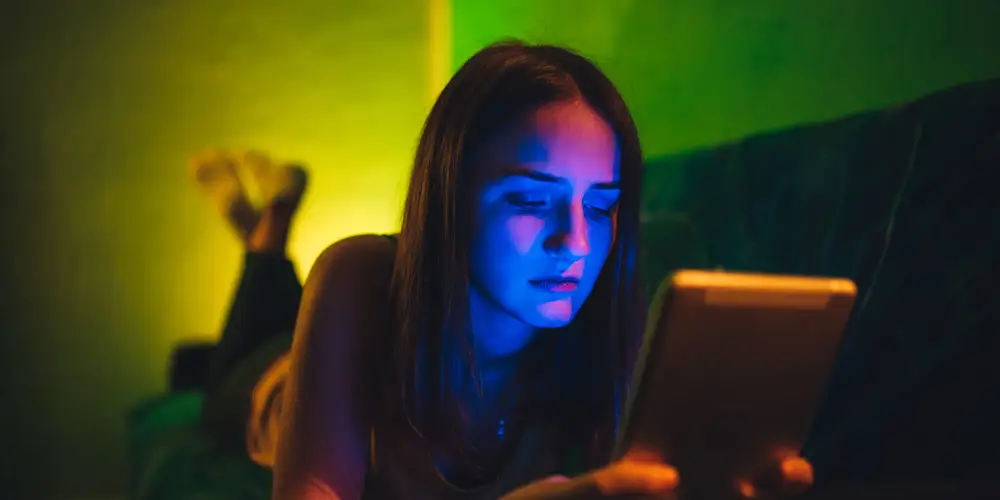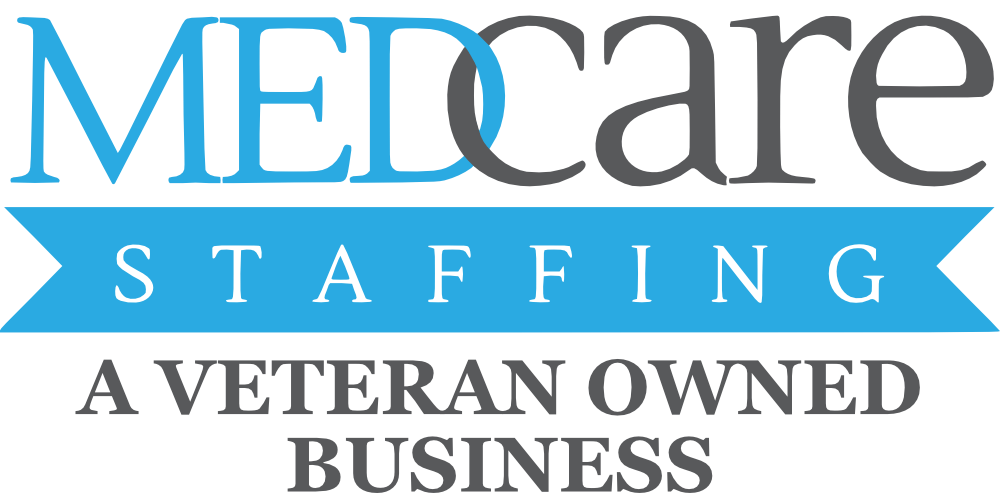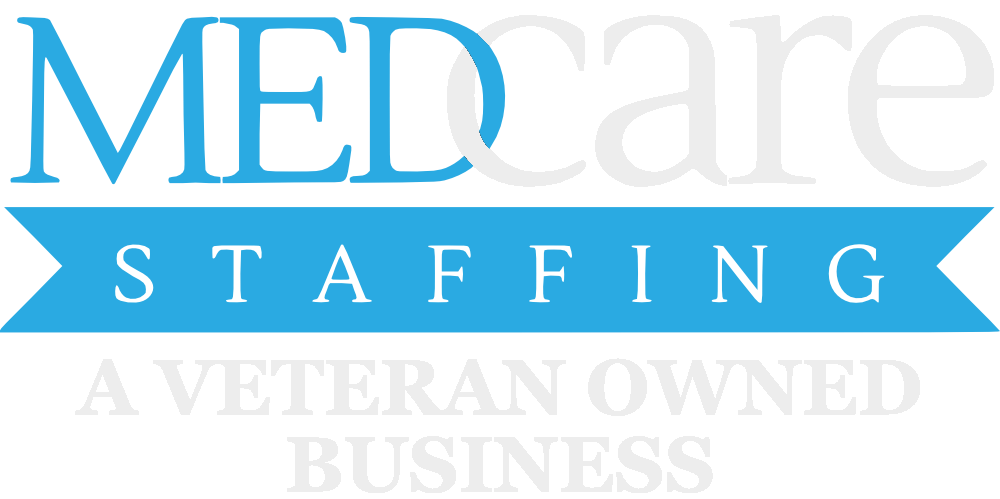
TikTok, the most downloaded social media platform in the world, is potentially facing a ban due to privacy concerns over its data collection practices. On March 23, 2023, Shou Zi Chew, TikTok’s CEO, testified before Congress about the various allegations the app is facing.
The proceedings were harsh. Many congressional representatives were aggressively stating, “TikTok should be banned.” As I was watching the hearing on the TikTok app, it reminded me of the trial at the end of “Alice in Wonderland,” where the Queen of Hearts keeps screaming, “Off with your head!”
Where Did TikTok Come From?
TikTok officially launched in 2016 through a Chinese company called ByteDance. Known initially as Musical.ly and was used as a lip-synching app. ByteDance acquired the company in 2016 and changed its name to Tiktok. Due to the COVID-19 pandemic, TikTok grew in popularity and became a connecting tool for people worldwide.
The app is available in over 150 countries and boasts over 1 billion users worldwide. In the United States alone, TikTok downloads equl total of 210 trillion. According to a survey conducted in 2022, Gen X and millennials aged 25-54 spend an average of 45 minutes per day on the app. Many people worldwide use the TikTok app for various purposes, including education, entertainment, and a platform for branding and sales.
Healthcare Hot Topics Discussed During the Congressional Hearings
- Data Collection: there are national security concerns over how TikTok handles a user’s data. The RESTRICT ACT includes increased protections for sensitive health-related data. The United Kingdom has fined TikTok 16 million dollars for illegally processing data containing children under 13 years of age.
- Dangerous Medical Misinformation: several state representatives accused TikTok of medical Misinformation. They accused the medical that appears o Tiktok of being ‘extreme.’ An example shared included a search done for medical abortions that would show false claims regarding papaya seeds for “herbal aborts.” A study also showed a hydroxychloroquine tutorial on TikTok claimed the drug could be manufactured through grapefruit to treat COVID-19.
- Telehealth Providers and Advertising: concerns regarding TiikTok’s algorithm preying on vulnerable people with mental health issues, especially those with addiction and eating disorders. There were also allegations stating that TiikTok received information from third parties like BetterHelp and Cerebral regarding a patient’s browsing history and mental health diagnosis.
- Children and Mental Health: Rep. Kim Schrier, M.D. questioned the effects of TikTok on the mental health of children and teenagers. She states, “The constant scrolling takes young people away from meaningful relationships and pushes back bedtime, which may lead to issues of depression and potential academic failure.” “Is your app designed to keep children addicted?” Rep Shirer questioned Shou Zi Chew, the CEO of TikTok if psychologists were employed to evaluate the mental health effects TikTok has on children. He replied, “We worked with the Digital Wellness Lab, Congresswoman, at the Boston Children’s Hospital, and we came up with a 60-minute default limit for any users under 18,” Mr. Chew added, “We were the first to do it in our industry.” Mr. Chou also stated that the platform had a family-safe tool that families could use when children use the app.
Is TikTok Really That Bad?
Many healthcare providers and patients use the TikTok platform as a teaching and learning tool. Healthcare-related businesses also use the platform for advertising their brands and services. TikTok offers healthcare professionals and patients an innovative way to share information.
The use of ‘hashtags’ makes it easier for users to find specific types of media with healthcare-related topics. The TikTok algorithm will then customize topics and content based on the user view history and continuously send the user media based on those topics.
The hashtags “doctor” and “medicine” each received 1.4 billion and 6.4 billion views. Most videos are 60 seconds long, making it easy for learners to quickly review techniques like ultrasound or other procedural training. Shou Zi Chew also stated that the hashtag “booktok” is one of the most popular hashtags used on the platform. It has gotten more children interested in reading. The hashtags allow users to post multiple videos in a row, making learning a task convenient.
Causing More Harm Than Good
As seen through the Congressional hearing, there is much debate regarding the educational value of healthcare topics. For example, a recent study found that videos related to diabetic education may not meet the academic standards or contain valid peer-reviewed research data a typical diabetic patient needs. The study further suggested that diabetic patients seeking information on diabetic-related content and diet should exercise caution when using TikTok for diabetes education.
Pediatric movement disorder centers across the U.S. reported an influx of teen girls with tic disorders. One of the common factors in all the cases of teen girls with tics was that they all were watching TikTok. Specifically, all the girls watched videos of TikTok influencers with Tourette’s Syndrome. Since their algorithm customizes topics based on a user’s viewing history, the teen girls watched endless hours of influencers and their Tourette’s Syndrome tics and symptoms of involuntary movements. However, many specialists speculate that there could be various contributing factors other than TikTok causing the tics, like anxiety, depression, and stress.
Ten Helpful Tips on How To Educate Your Patients About TikTok Health-Related Content
At the end of 2021, I asked my teenage patients where they got their healthcare information. Mostly all my patients responded, “TikTok videos.”
Before starting my mini-verbal survey, I was opposed to using the Tiktok app. My patients made me curious about the health-related content they were watching. And if you’ve been on it, there’s a little bit of everything on there. Scrolling through the endless sea of content is overwhelming. And yes, very addicting.

Some critical questions you should ask your patients, especially if they are teenagers, when assessing for healthcare literacy regarding TikTok include:
- Where are they getting their healthcare education from?
- If they answer TikTok, what type of healthcare-related content are they watching? Is it from a healthcare provider, patient influencer, or healthcare/ telehealth organization?
- How much time are they spending on the platform per day? Is it interrupting their bedtime schedule?
- Do they feel anxious or depressed after using the app?
- Are they feeling addicted to the app, or are they having trouble putting the app down?
- Are they having face-to-face relationships with friends and family members?
- Do they have friends, a best friend, or a romantic dating relationship?
- Are they involved in other in-person social activities that do not include TikTok or social media?
- What did they learn from the healthcare information on TikTok? Did it trigger any symptoms?
- Are they also sharing personal content? What kind?
It’s essential to have open conversations with patients, especially if they are teenagers, about their TikTok and social media. Healthcare providers must also educate their patients on using discernment when watching health-related videos on TikTok and sharing personal information. Parents must be encouraged to monitor their children’s social media consumption and use parental control options when needed.
Are you looking to add travel and adventure to your life? MedCare Staffing has a variety of long-term and short-term locum tenens assignments. Click here for more information.

